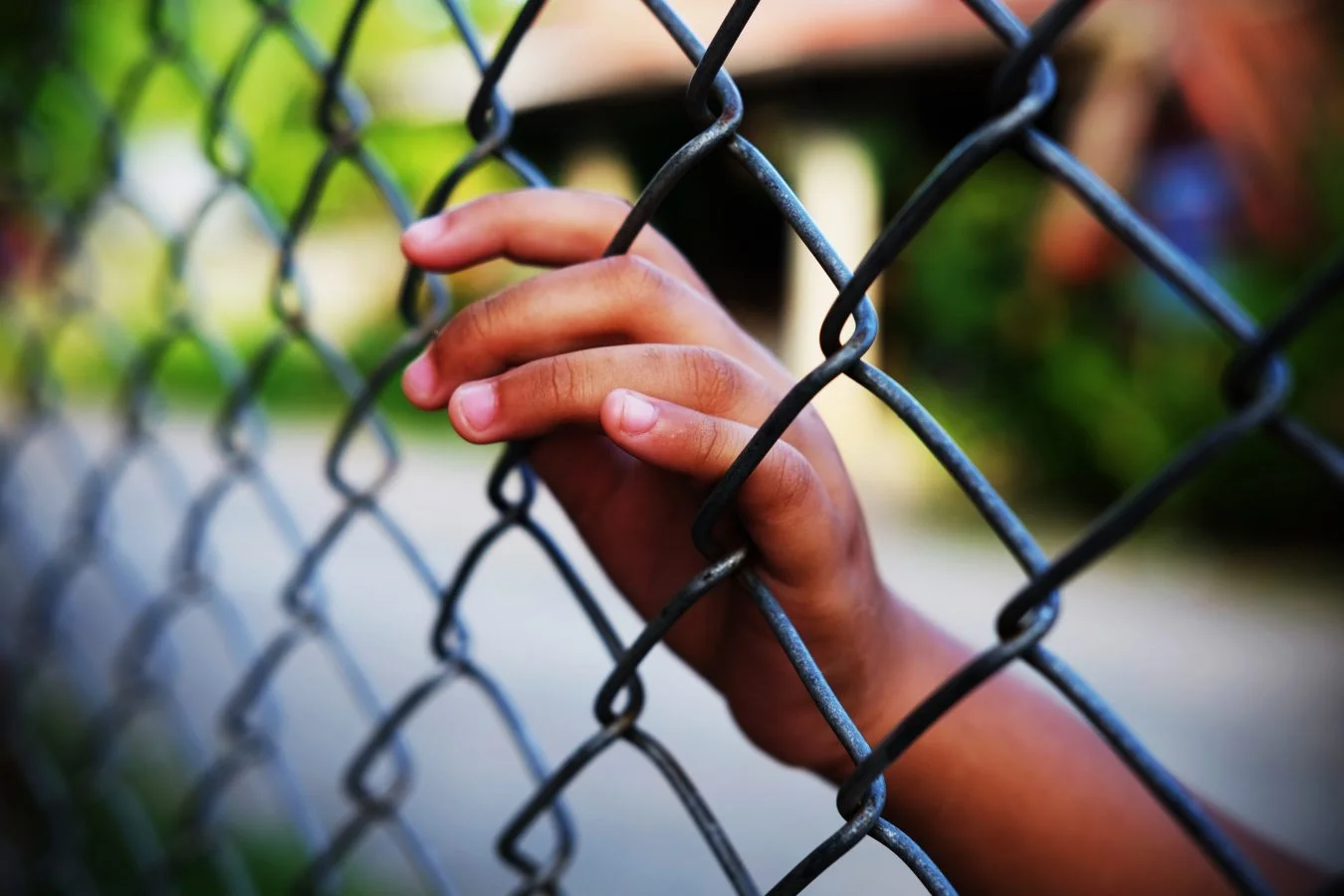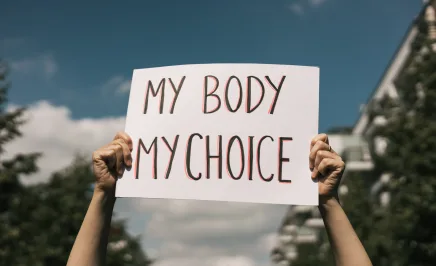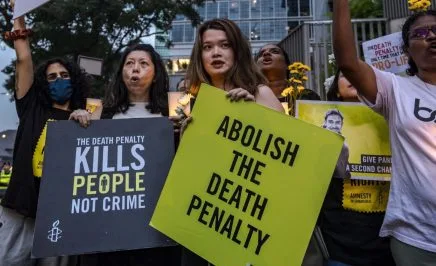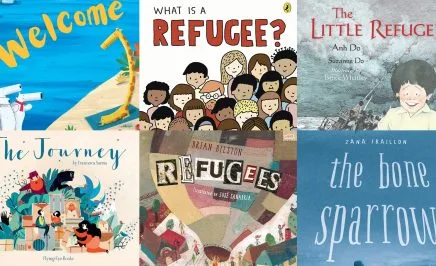In the wake of the Queensland Liberal National Party sweeping to power on a ‘tough on youth crime’ platform, Amnesty International Australia urges Premier David Crisafuli to actually look at the evidence on how best to address the root causes of youth offending.
“We call on Premier David Crisafuli to explain why he thinks he knows better than every expert in this field who say that imprisoning children only increases offending and harms these kids, their families and communities,” says Amnesty International Australia’s Indigenous Rights campaigner Kacey Teerman.
All expert, longitudinal evidence produced in Australia demonstrates how punitive, carceral responses to youth offending does not reduce rates of recidivism to make communities safer. On the contrary, findings from investigative and research-based inquiries into youth offending, including Victoria’s Inquiry into Youth Detention Centres, the Disability Royal Commission and the recent ‘Help Way Earlier!’ report from the National Childrens Commissioner shows that criminalisation and incarceration of children serves to exacerbate the impacts of trauma and alienation that can lead to offending.
“Despite the popular rhetoric, imprisoning children and treating them as adults in the justice system has never been shown to make communities safer or reduce crime rates,” says Kacey Teerman. “Amnesty International Australia calls on the incoming LNP government to actually look at what works, discard what doesn’t, and to ensure any youth justice policies they enact do not breach human rights.”
The LNP’s ‘adult crime adult time’ policy is set to put Queensland in direct violation of international human rights standards, including Convention on the Rights of the Child (CRC), to which Australia is a signatory, which says that children should only ever be incarcerated as an absolute last resort and for the shortest time possible. Australia has repeatedly faced international scrutiny for failing to uphold this standard, and Queensland’s proposed policies would deepen this non-compliance.
“Queensland has an obligation to protect children’s rights, which includes prioritising their rehabilitation and supporting their development through safe, community-based alternatives,”
Amnesty International Australia’s Indigenous Rights campaigner, Kacey Teerman
“Queensland has an obligation to protect children’s rights, which includes prioritising their rehabilitation and supporting their development through safe, community-based alternatives,” says Kacey Teerman.
Amnesty is urging the Queensland government to raise the age of criminal responsibility to at least 14 years old, end the practice of detaining children in adult watch houses and to fully fund the Indigenous-led diversionary programmes that have been proven to work.
In addition, Amnesty International is one of many human rights organisations, including the Australian Human Rights Commission, urgently calling for a federal approach Australia’s youth justice system that adheres to Australia’s obligations under international law and protects the rights of children in police and prison custody.





